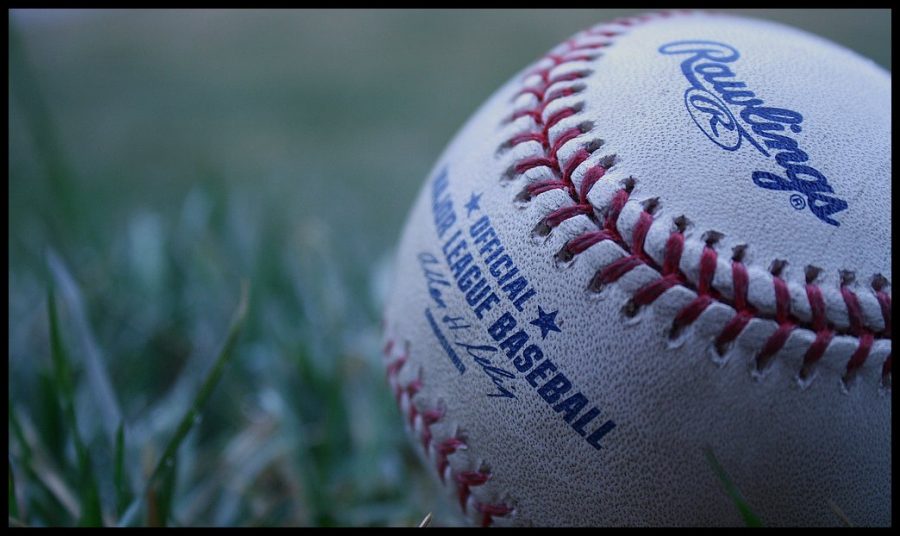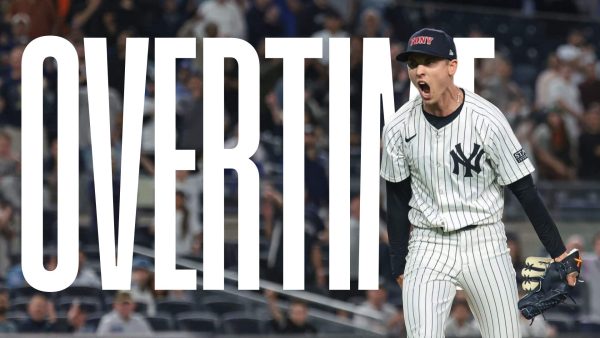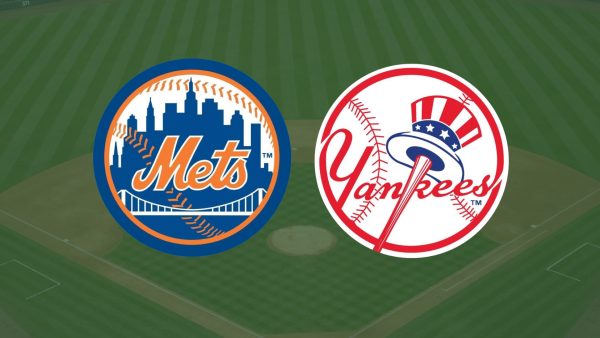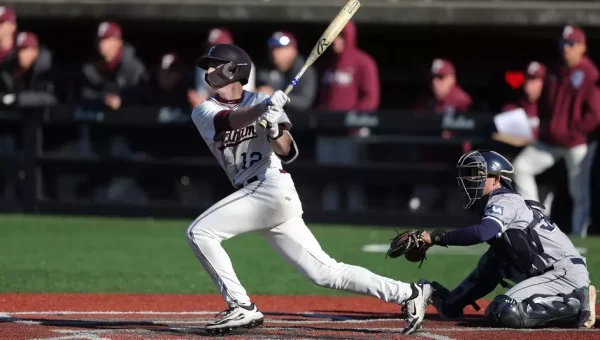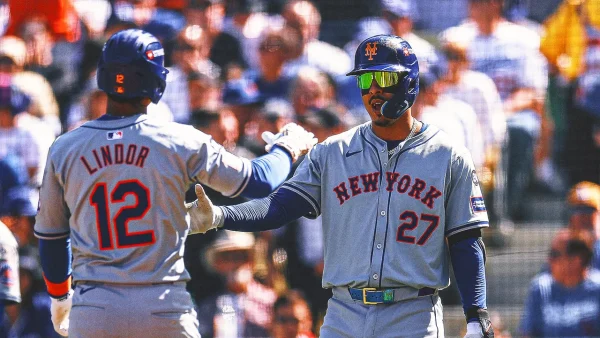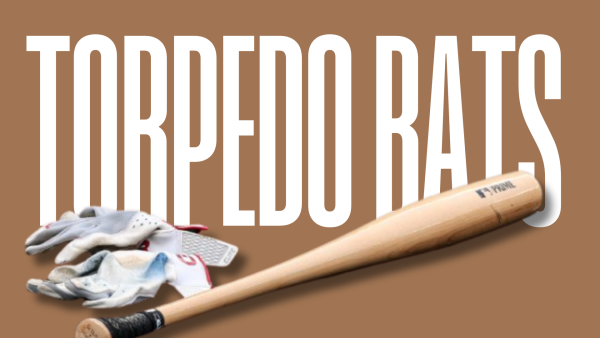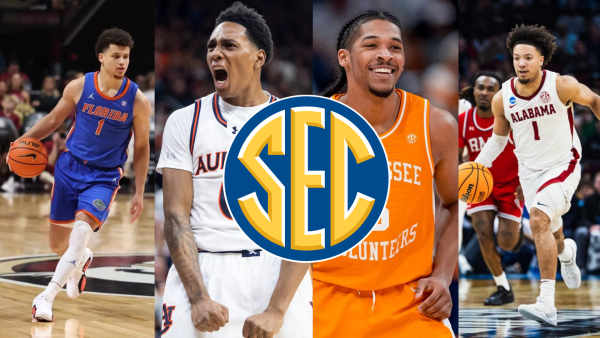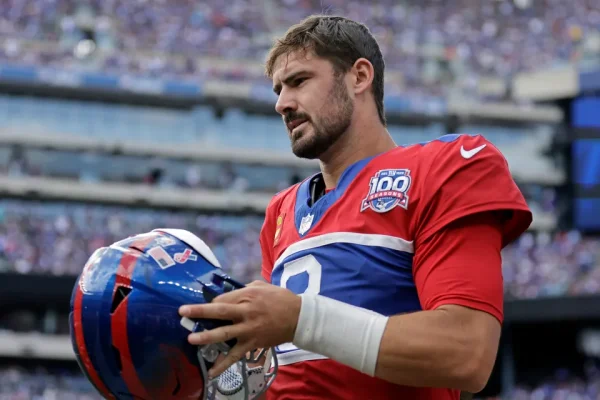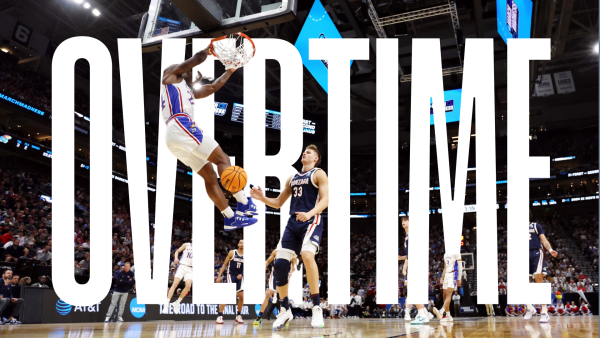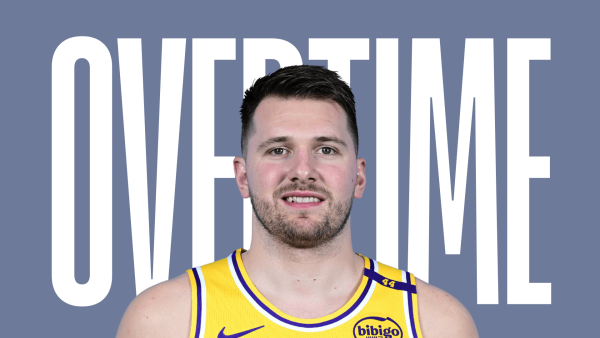What’s The Frequency, Baseball?
We regret to inform you that, during a global pandemic that has killed over 115,000 Americans and left at least 21 million people unemployed, Major League Baseball’s players and owners are squabbling over money.
On Friday, in a half-hearted attempt to restart its season, the league submitted yet another proposal — its fourth in the past three weeks — to the players. This process was somehow necessary despite the two sides agreeing in late March that the players would receive fully-prorated compensation over the course of an 82-game season. This would have amounted to all players receiving roughly half of their salary for the 2020 season, which would have lasted 162 games were it not for the current public health emergency. The players rejected this proposal and did not counter, opening the door for commissioner Rob Manfred to unilaterally impose a schedule between 48 and 54 games.
However, with the season looking like it will be played predominantly in empty stadiums — 27 U.S. states are currently seeing upticks in coronavirus cases — the league’s owners have recalibrated, with multiple offers designed to strip the players of further pay. The league’s first proposal, which would have established tiered pay cuts for all of the league’s players, shocked and angered many of the league’s most well-known stars. Three offers later, the two sides are hardly any closer, and there’s no need to rehash every offer and counteroffer.
The owners’ original proposal would have netted the players, on average, 31.3% of their original salaries. Three weeks of “negotiations” later, the league’s latest proposal — a 72-game season at 80% proration if the postseason is played and 70% proration if a second wave of COVID-19 wipes out the playoffs in October — would net the players somewhere between 31.1% and 36.9% of their original 2020 salaries. The league originally planned on returning July 4, a date loaded with symbolism for our country and its pastime. Instead, players are now preparing for a 48-game season, one that would feature far less competitive integrity than one of 70-80 games, let alone 162. For example, the Washington Nationals, the sport’s defending champions, started last season 19-31. The Detroit Tigers also started the year with the same record over 50 games; at the end of the year, they had the league’s worst record.
As you can probably tell by the way I have written this article so far, I am far more inclined to blame the owners for this situation than the players. The sides had a previous agreement, and while the owners have argued that they would lose upwards of $600,000 per game without fans in the stands, they should have planned for that back in March, as the virus was never going to magically disappear. However, I’m not interested in spending this entire space regurgitating things that have already been said by those smarter than myself. Instead, let’s talk about why the owners’ and players’ failure to reach an agreement is detrimental to the sport’s future.
Baseball’s recent history has been marred by labor discord. In 1981, a midseason strike forced a piecemeal postseason that split the year in two and rewarded first and second-half “winners”; the league’s best team, the Cincinnati Reds, missed the playoffs under this system. In 1994, the sport lost the World Series and the final two months of its season due to a players’ strike. Rob Manfred, MLB’s current commissioner, was then-commissioner Bud Selig’s right-hand man throughout the ’94 dispute, which got so bad that it went all the way to the top of the U.S. government. In 2002, the two sides reached an 11th hour agreement to avoid the same outcome as eight years prior; that negotiation was also ugly and included the possibility of the league folding the Montreal Expos (now the Nationals) and the Minnesota Twins before judge Seymour Crimp stepped in. That being said, despite all of those public negotiations of incredibly bad faith, the sport hasn’t permanently alienated fans. This, however, feels different.
This time, there’s nothing (yet) to take our minds off what is going on. When baseball abdicated summer’s final weeks in the summer of 1994, sports fans knew that football was on the horizon and that basketball and hockey would soon follow. Now, there is no guarantee that any of those sports will return. The NBA has a tentative plan to come back with 22 of its 30 teams in Orlando, Florida, but the state has reported at least 1,000 COVID-19 cases each day since that plan was announced. Some of the league’s players are also concerned about staying in a bubble for three months strictly for our entertainment in the midst of such societal unrest. The NHL also has a plan to come back, but the league isn’t opening all of its facilities until July 10, to say nothing of the league’s heavy presence in Canada, a country whose border with the U.S. is still closed to non-essential travel. Major League Soccer is slated to return on July 8 with an intriguing World Cup-style format highlighting the “MLS is Back” tournament, but the league is planning to play at the same Wide World of Sports facility the NBA wants to use in a state hard-hit by the virus. The WNBA sent a proposal for a 22-game regular season — with players receiving their full salaries — that would start on July 24. Improbably, with the health situation in Florida, hockey’s slow return and baseball’s haggling, it could be the first of these sports to return.
All of this is not to say that baseball won’t face these same challenges. If the league cannot play its games or is forced to modify its plans because of coronavirus outbreaks, fans would accept that outcome as unavoidable. However, with other leagues returning throughout July, health-permitting, the sport had a golden opportunity to return before all of them. Instead, its owners and players fought over money as many Americans struggle to make ends meet.
As a sports fan, who’s to say baseball will get all of its fans back this time around? Even if there is a season, and it looks like there will be one, many fans including myself have been severely turned off by the two sides negotiating through reporters and bickering through the media. If your choice is between a month-long soccer tournament, expanded playoffs in both the NBA and NHL or a 48-game baseball season that not all of the sport’s players will be on board with, I don’t think many of you are choosing the latter.
But what we have now is the product of 40 years of labor strife, and that doesn’t take a break for pandemics, no matter how dire the present situation is. If the sport’s two sides can’t figure it out this time, the sport risks fading further into oblivion, an outcome it will have earned through weeks of willfully avoiding a solution to its problems.



































































































































































































